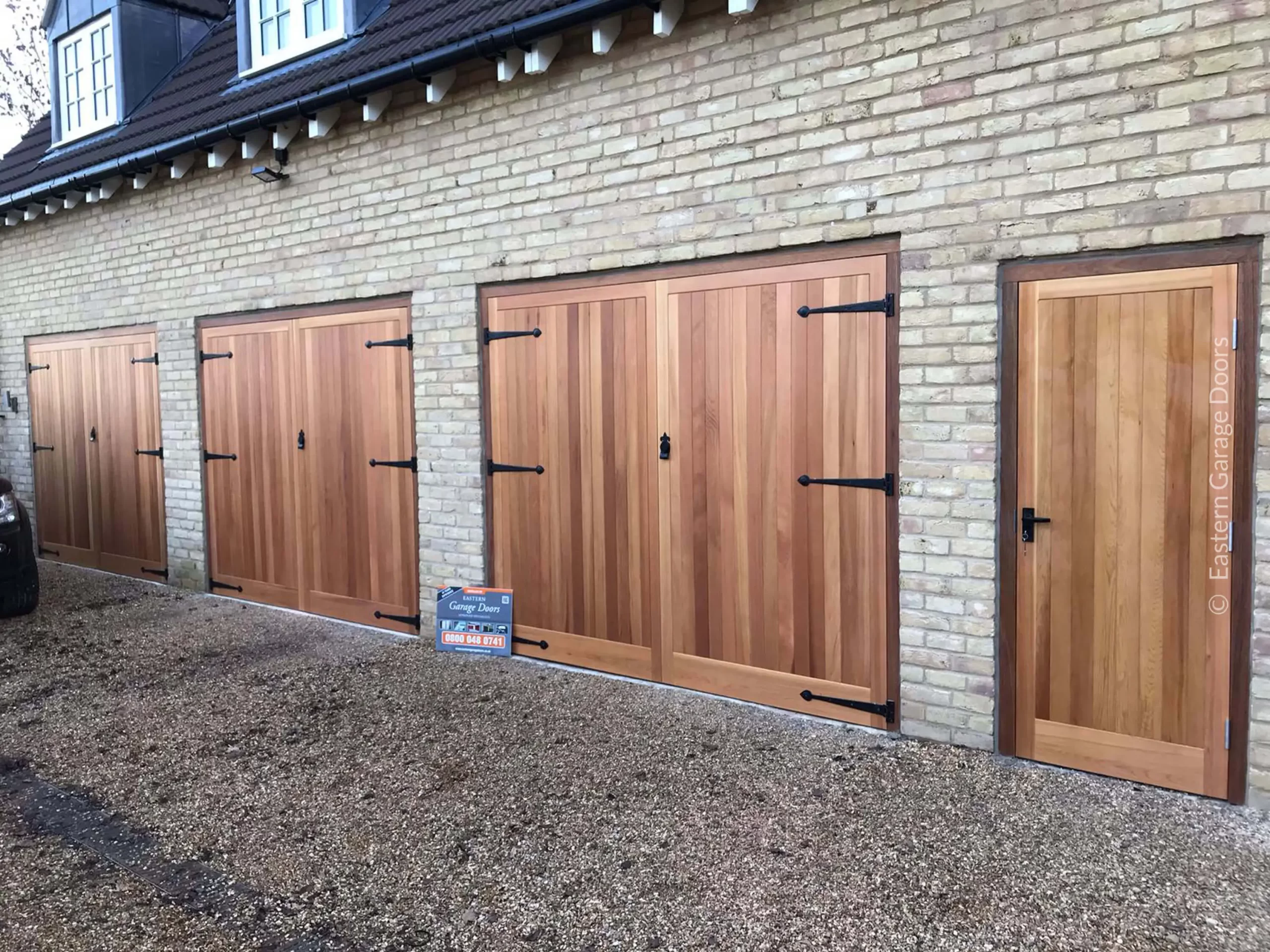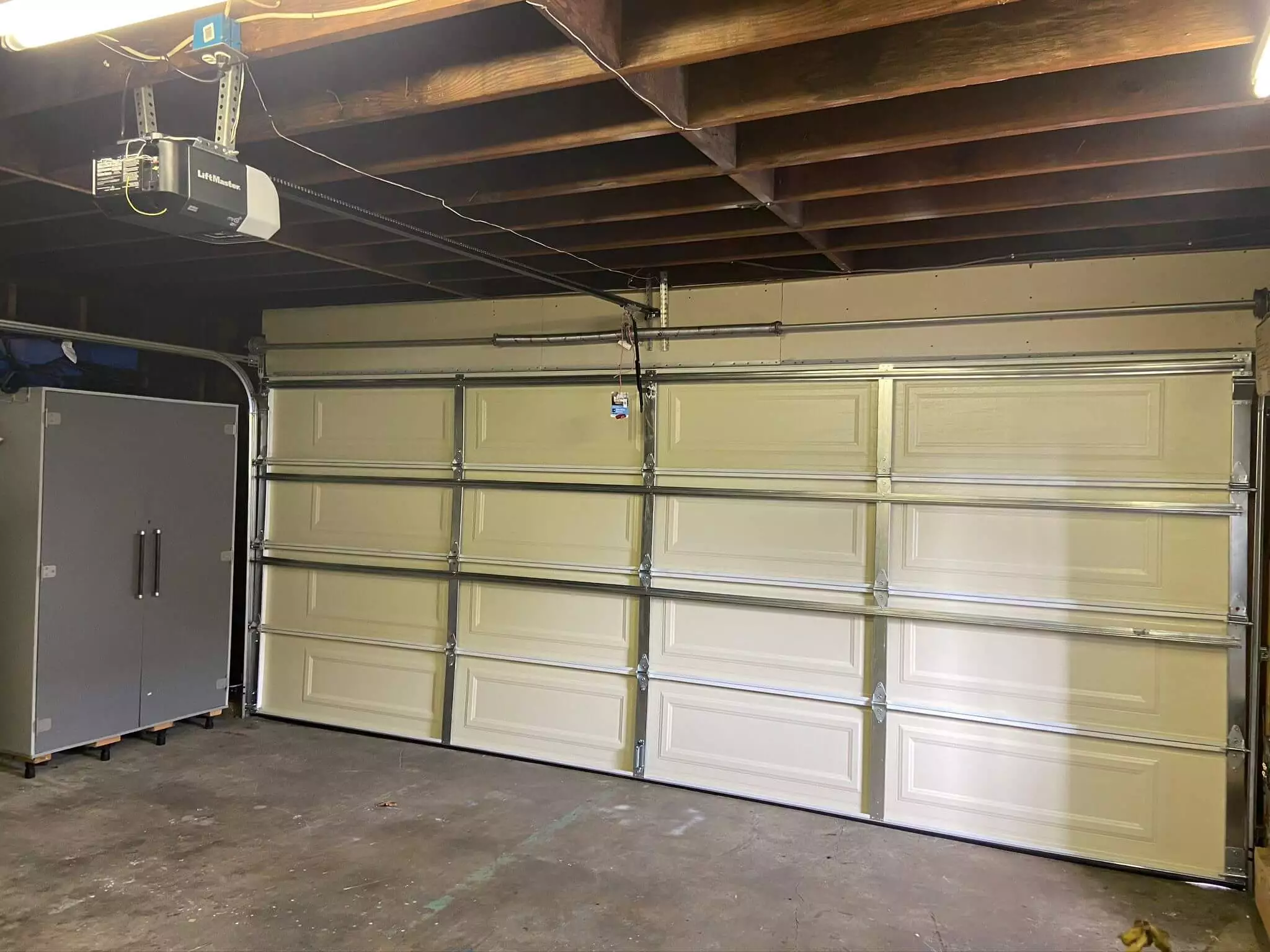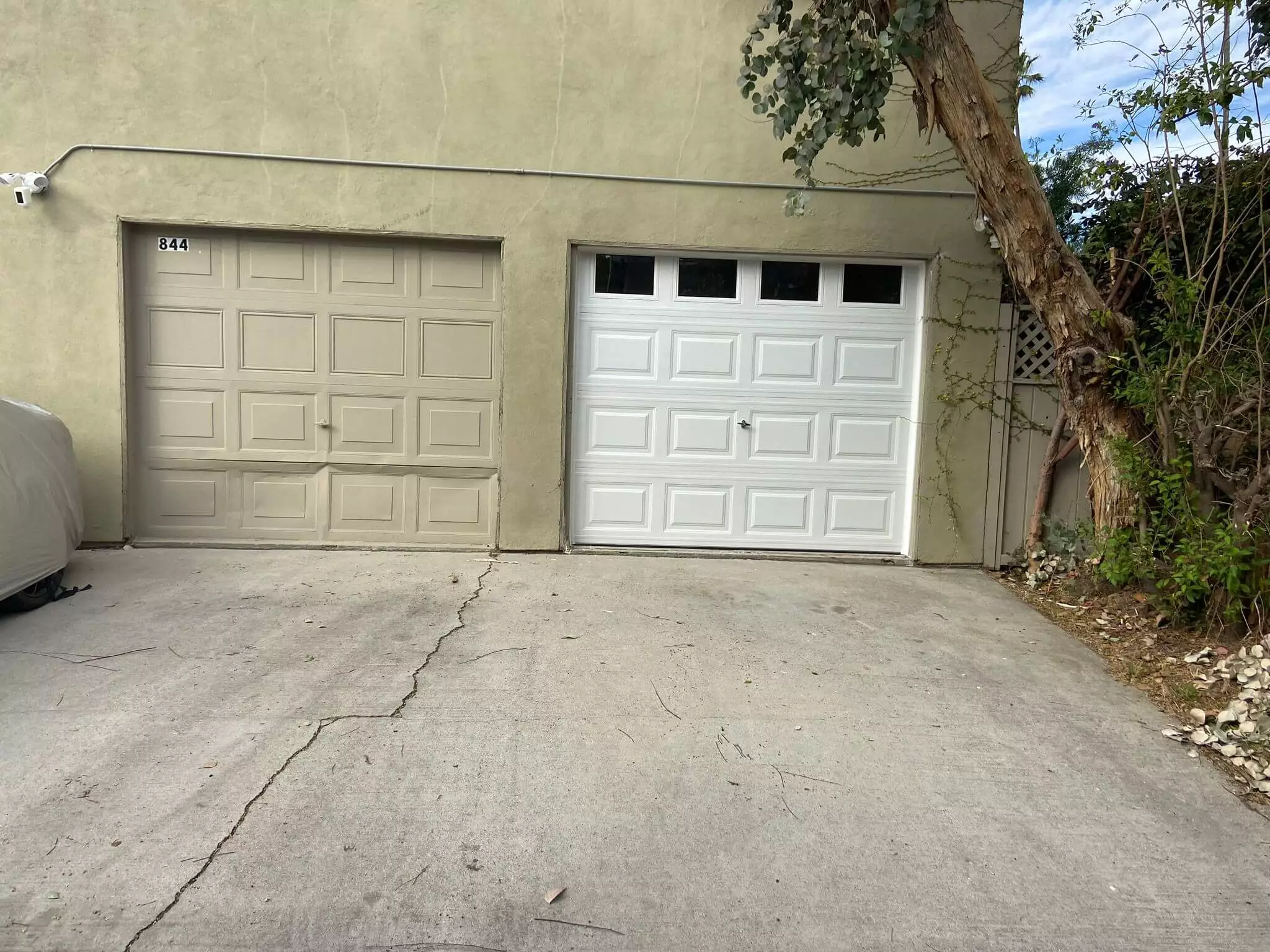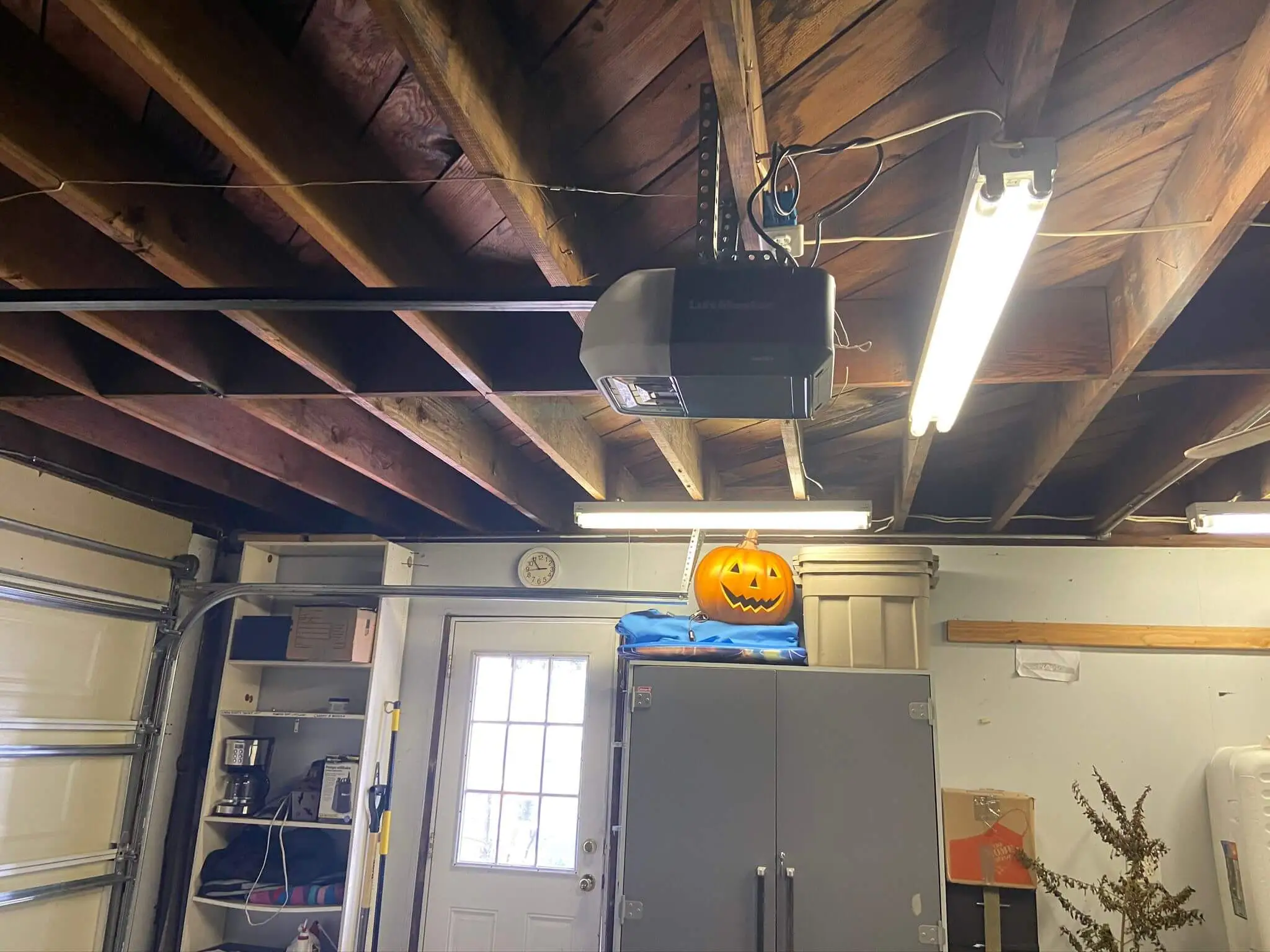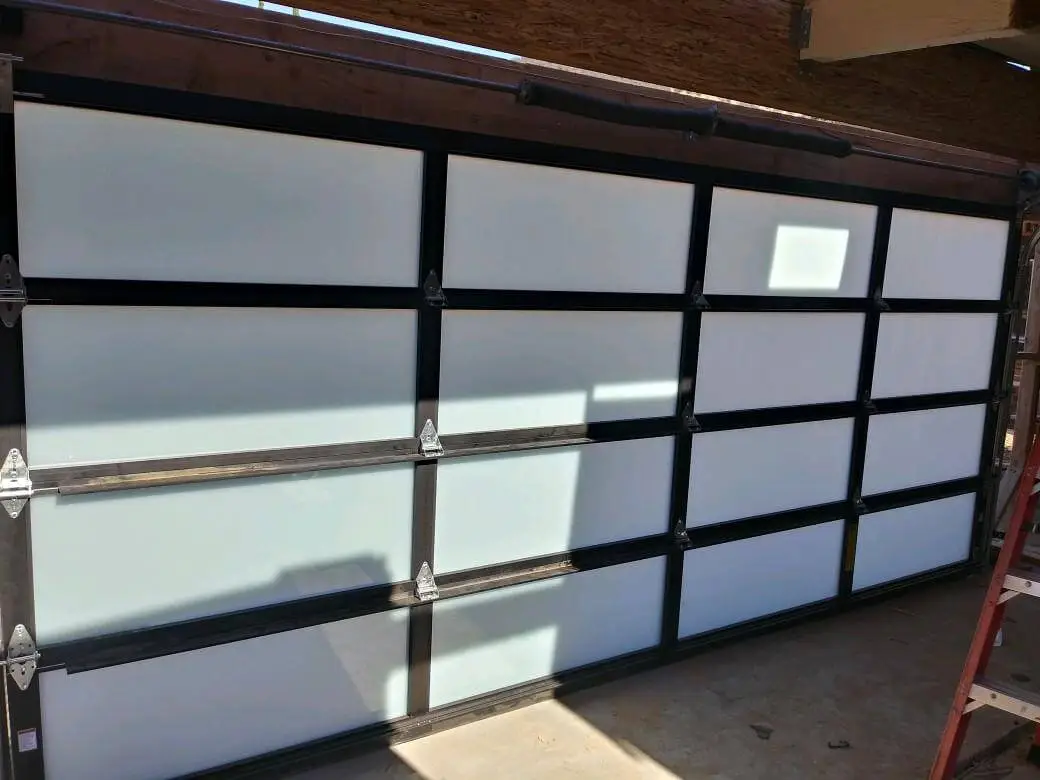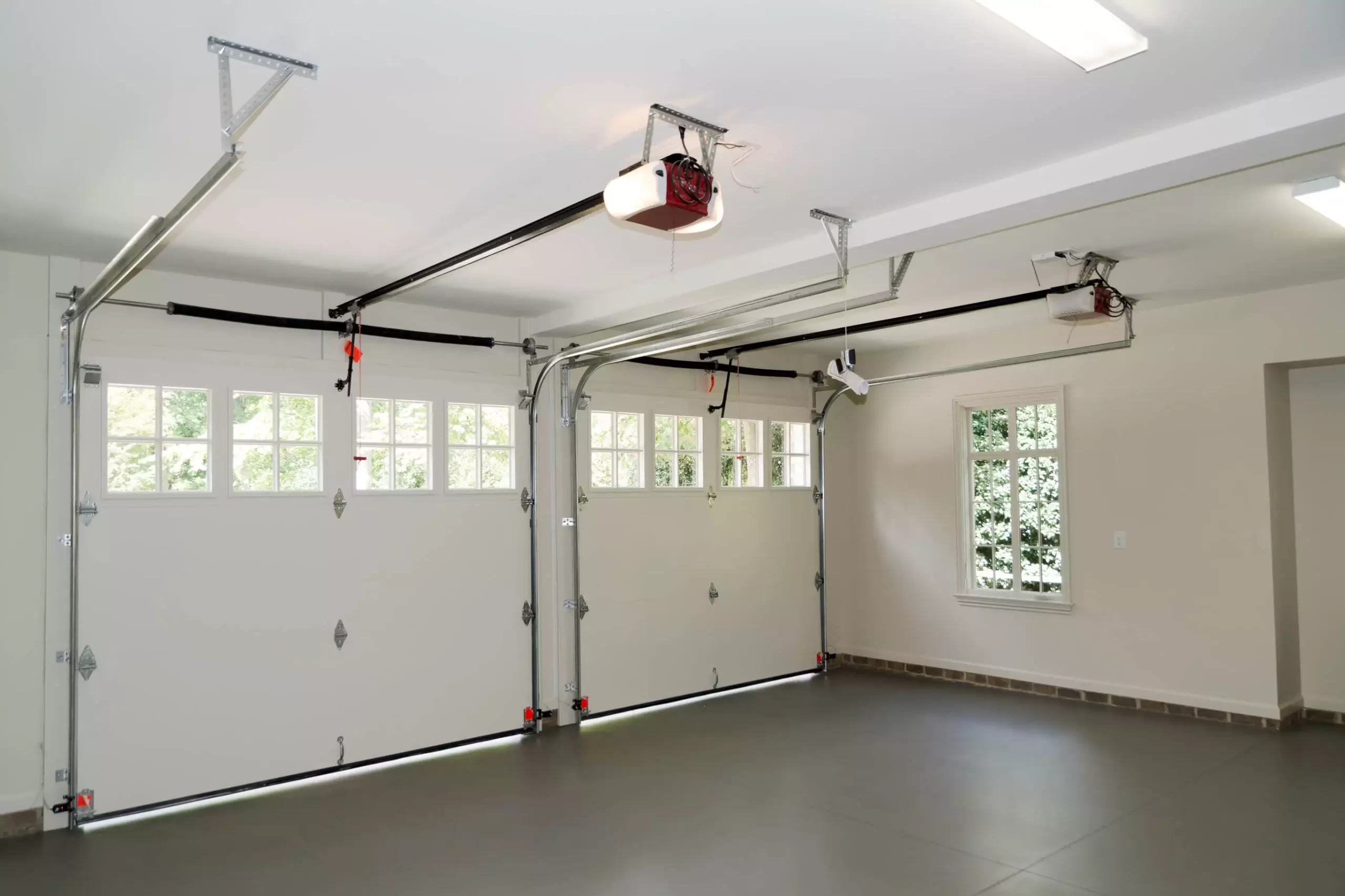Whether you’re building a new home or looking to replace an old garage door, selecting the right style and material is an important decision. A garage door is a prominent part of your home’s exterior and functionality. With so many options available, it can feel overwhelming to choose. This guide will walk you through the key factors to consider when shopping for the best garage door for your home.
Content
Consider Style
The main garage door styles are raised panel, flush, and carriage house styles. Raised panel doors have an embossed panel look that adds depth and texture. They are the most traditional and popular option. Flush doors are smooth and create a more contemporary look. Carriage house doors have windows or decorative detailing to mimic the doors of early American garages and stables. Consider how the different styles will complement your home’s architecture. Your goal is to find a style that enhances your home’s curb appeal.
Section Style and Functionality
Garage doors come in several section styles that impact functionality. One-piece doors provide simple operation but aren’t practical for high-ceiling garages. Sectional overhead doors have separate panels that stack vertically on rollers for a compact door opening. This allows for taller doors and ease of operation and repair. More residential customers choose sectional doors for their functionality and appearance.
Consider Materials
Wood, steel, fiberglass, and vinyl are common garage door materials. Wood doors have charm but require more maintenance. Steel doors are durable and affordable but could rust over time. Fiberglass resists dents and never needs painting. Vinyl doors are affordable and maintenance-free. Steel and fiberglass hold up best long-term to the elements. Consider going with a Garage Door Replacement in Mechanicsville that uses a high-quality material suited for your climate. This ensures your new door will last.
Insulation and Tax Credits
Insulated doors save money on heating and cooling costs and reduce noise. Look for an R-value of at least 12-14 for effective insulation. Energy Star-rated insulated doors may qualify you for tax credits. These efficient options provide long-term savings that outweigh their higher upfront cost. Insulation should be a top priority, especially if your garage is attached.
Window Options
Decorative windows allow natural light in while enhancing a door’s appearance. Consider the amount and placement of windows. Large windows look inviting but compromise security and insulation. Floating glass panes don’t conduct heat/cold as efficiently as solid panels. Operable windows are convenient but introduce an access point. Balance function, style, and security with your window selection.
Control Options
Automatic openers provide convenience and safety. Look for openers with battery backup, keyless entry remotes, safety sensors, WiFi connectivity, and app control for ultimate convenience. Some have interior and exterior lighting controls too. Well-lit, properly functioning doors enhance security. Installing an opener adds to installation costs but greatly increases usable value of your garage.
Warranty and Professional Installation
Quality garage doors come with multi-year warranties covering parts, panels, springs and other components. Proper installation is critical for safe, reliable performance. Opt for a professional installation from an authorized local dealer. Proper installation is often covered by warranties while DIY installations usually void them. Consider brand reputation and warranty length when comparing door options. A qualified technician will ensure your door works smoothly for years to come.
With the right research on styles, materials, functionality and energy efficiency, you’ll be able to choose a garage door that complements your home both inside and out for many years. Investing in a high-quality option installed properly is worth it for long-lasting value and worry-free operation. Use this guide as your resource when shopping for the perfect new garage door.

Bradley attended Boston University where he received a Bachelor’s degree in Economics and Political Science as well as a Master’s degree in Business Administration from Columbia University Graduate School of Business (currently attending). He loves to write about everything business related.
